A secure power supply has long since become a matter of course for our society. Energy security 24/7 is a must. Without electricity, manufacturing, mobility, communication, and trade are stopped in their tracks. Accordingly, a reliable, affordable, and permanently available energy supply is considered the backbone of the industrialized world today. Yet, in addition to great opportunities for securing business locations, the ongoing digitalization of the energy sector also comes with considerable risk: energy systems are becoming increasingly vulnerable.
The power grid: the most critical of all critical infrastructures
Fraunhofer Center for Digital Energy
Task
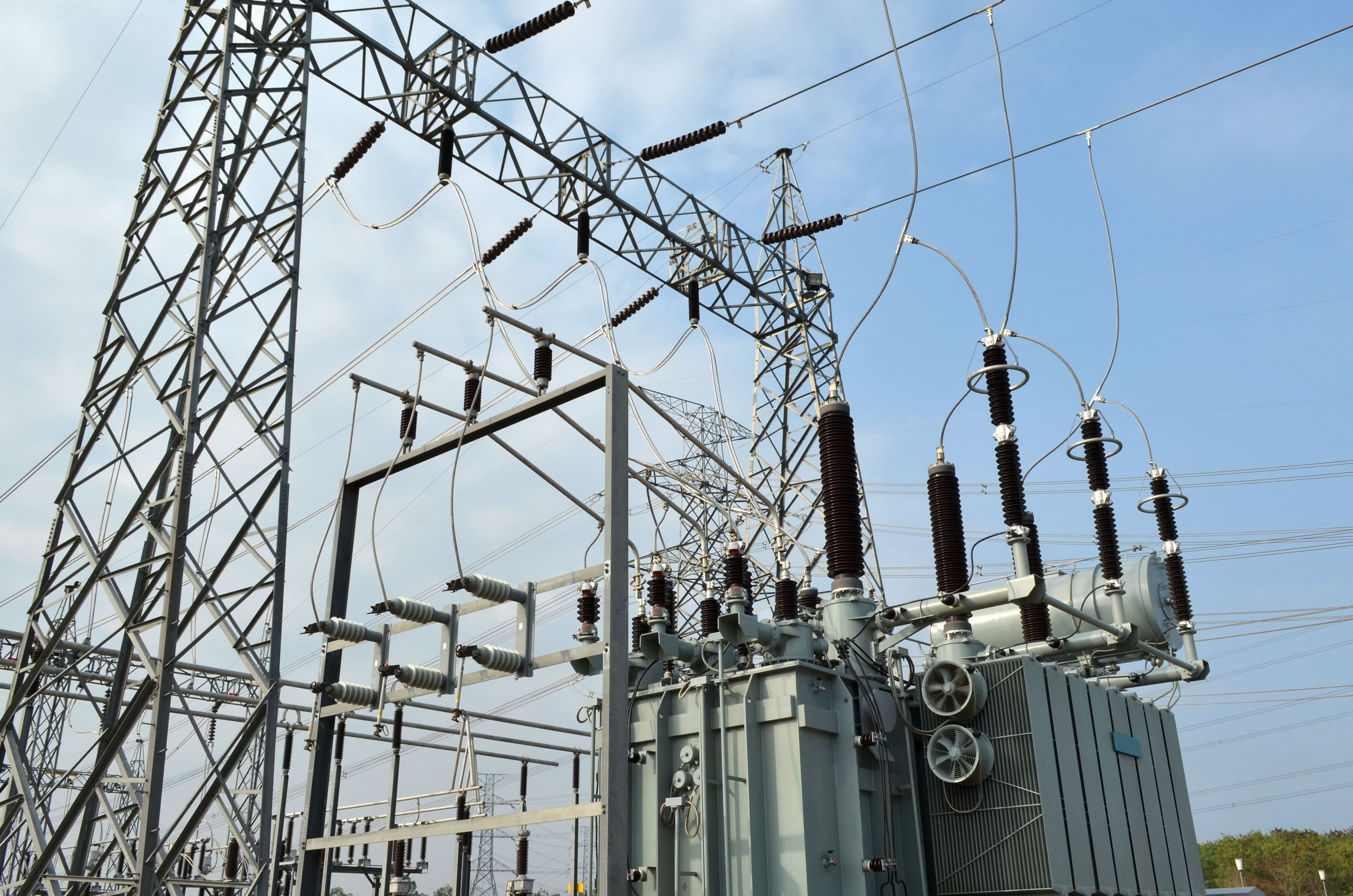
A successful cyber attack on electricity networks and power plants – probably the most critical of all critical infrastructures – would have far-reaching consequences not only for the targeted country but for the entire European Union economic area.
Such attacks are no longer mere fiction, but have been part of everyday life for companies in the energy sector for some time. Moreover, threats are no longer limited to individual hacker attacks, but have long since grown into full-scale offensive campaigns, as has been emphasized by the German Federal Office for Information Security (BSI). The need for cyber-secure, resilient energy systems is abundantly clear - not least or even more so against the backdrop of the energy transition. Indeed, the energy sector is currently undergoing a profound change: historically mature, independent infrastructures are transforming into an interacting, digitalized and automated overall system that tightly interconnects different sectors and stakeholders. A concerted approach by all responsible actors is therefore urgently required, as well as a reorientation of the research and industry sectors specialising in these areas, in order to:
- assure reliability of supply in the future,
- further promote digitalization and automation as an economic factor,
- improve the planning and operation of energy supply systems by means of digital twins
- to enable adequate countermeasures against the threat from cyberspace.
New Fraunhofer Center for Digital Energy
For this purpose the Fraunhofer FKIE, together with strong partners such as the Fraunhofer FIT and RWTH Aachen University have established the »Fraunhofer Center for Digital Energy« as a joint research project. The stakeholders are working together to address the diverse challenges in the field »securing the energy sector« in a more collaborative and interdisciplinary manner. The center bundles cross-domain competencies in the key areas of energy technology, digitalization, IT security and business.
Methodology / Approach
»We need interdisciplinary, independent, immediately operational research to ensure an efficient, resilient energy supply,« says Prof. Dr. Elmar Padilla, the head of the »Cyber Analysis & Defense« department at Fraunhofer FKIE and one of the initiators of this joint research project. However, such research can only be successful if the issues of new technologies and processes, the lack of skilled workers and integration of research findings are addressed in a targeted manner through the three supporting pillars of »Research & Development,« »Training & Continuing Education,« and »Test & Inspection.«
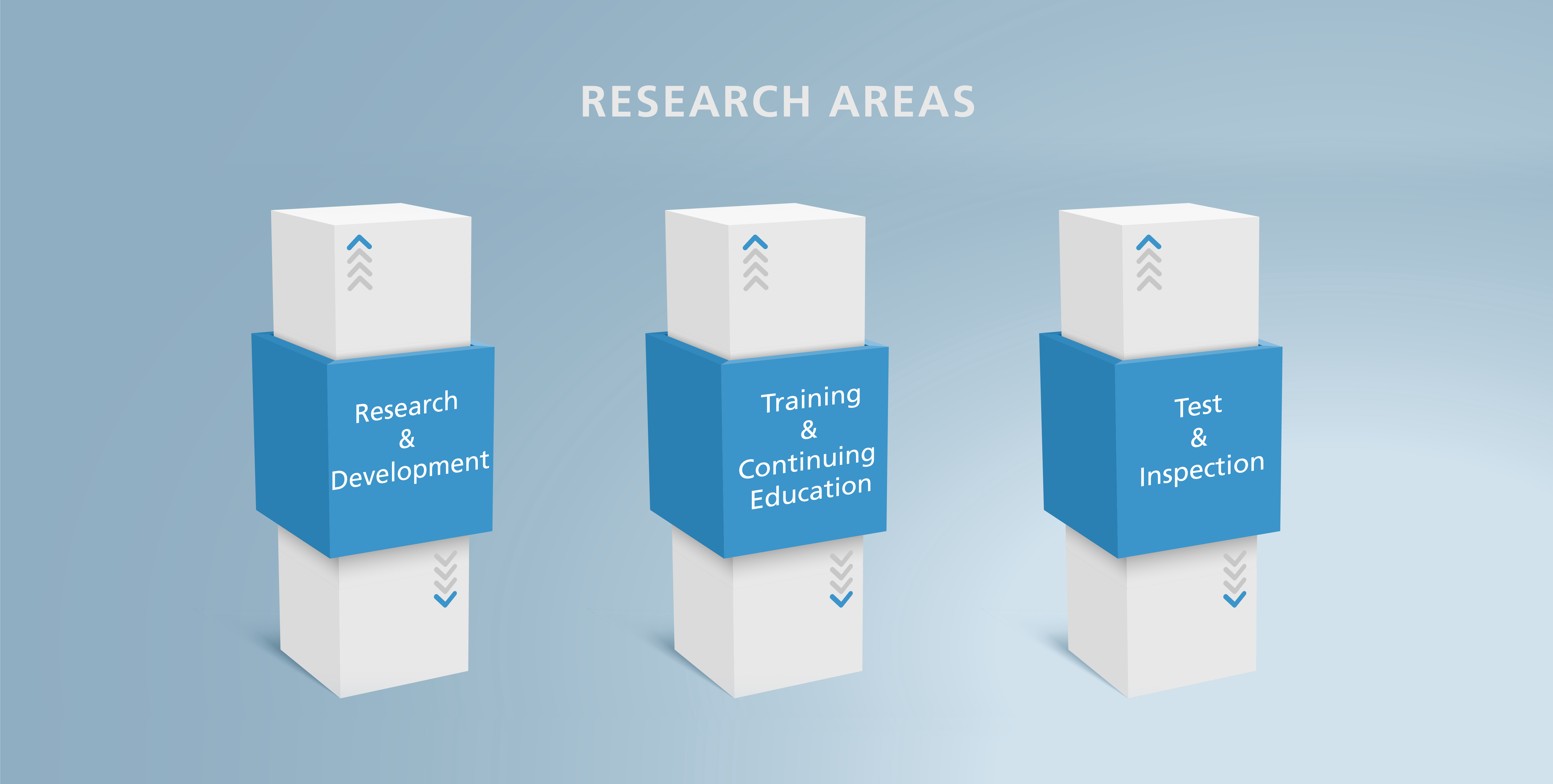
The Fraunhofer FKIE's contribution focuses on research and development in all aspects of cyber security. This includes a special emphasis on prevention, detection, and response with regard to individual systems in the power grid. In order to achieve cyber security, resilience and reliability of supply for the energy sector, this triad must be addressed. Ultimately – at this point, at least – this is the only way to assure prosperity, growth and peace in Europe.
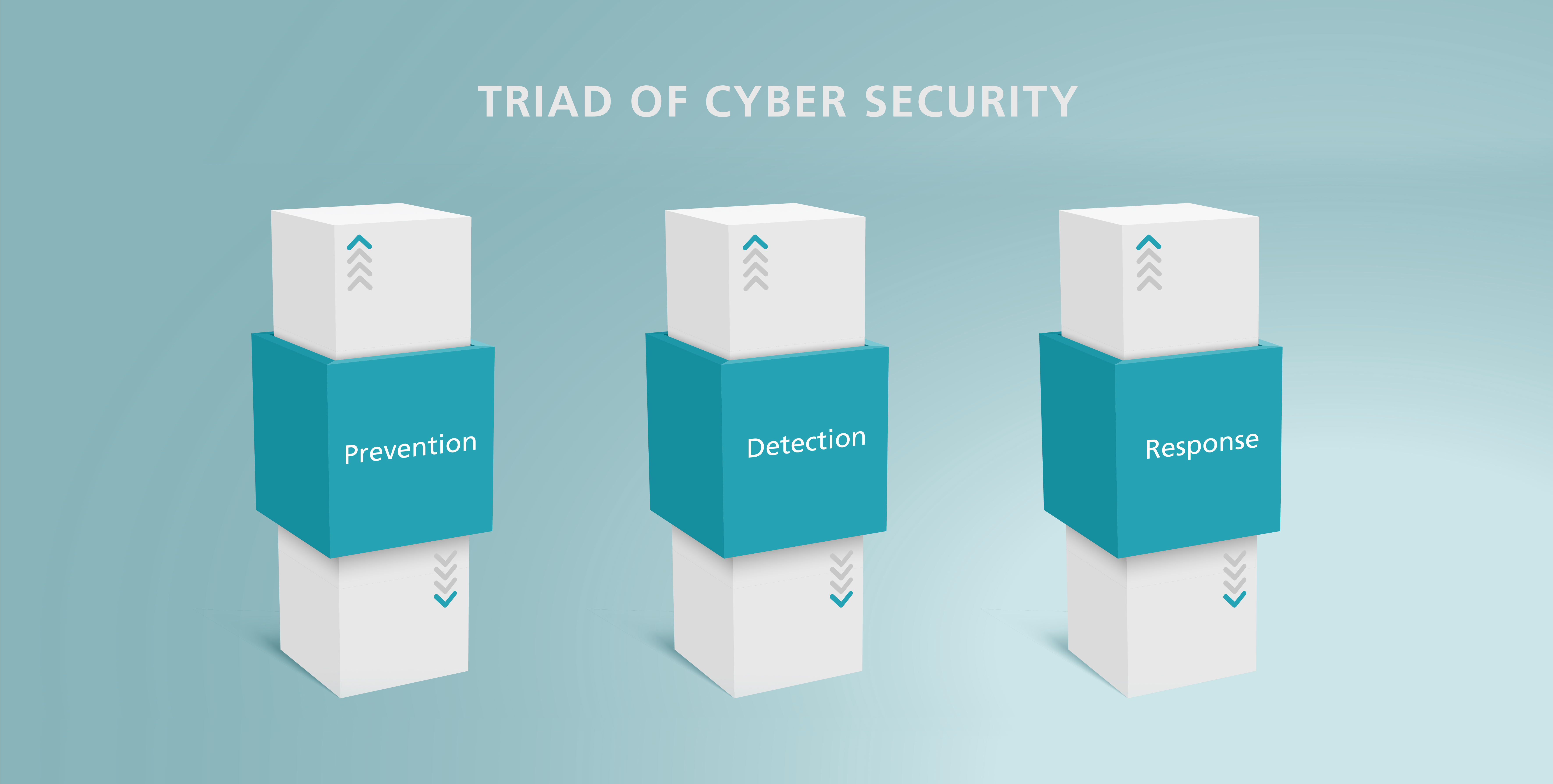
Results / Outlook
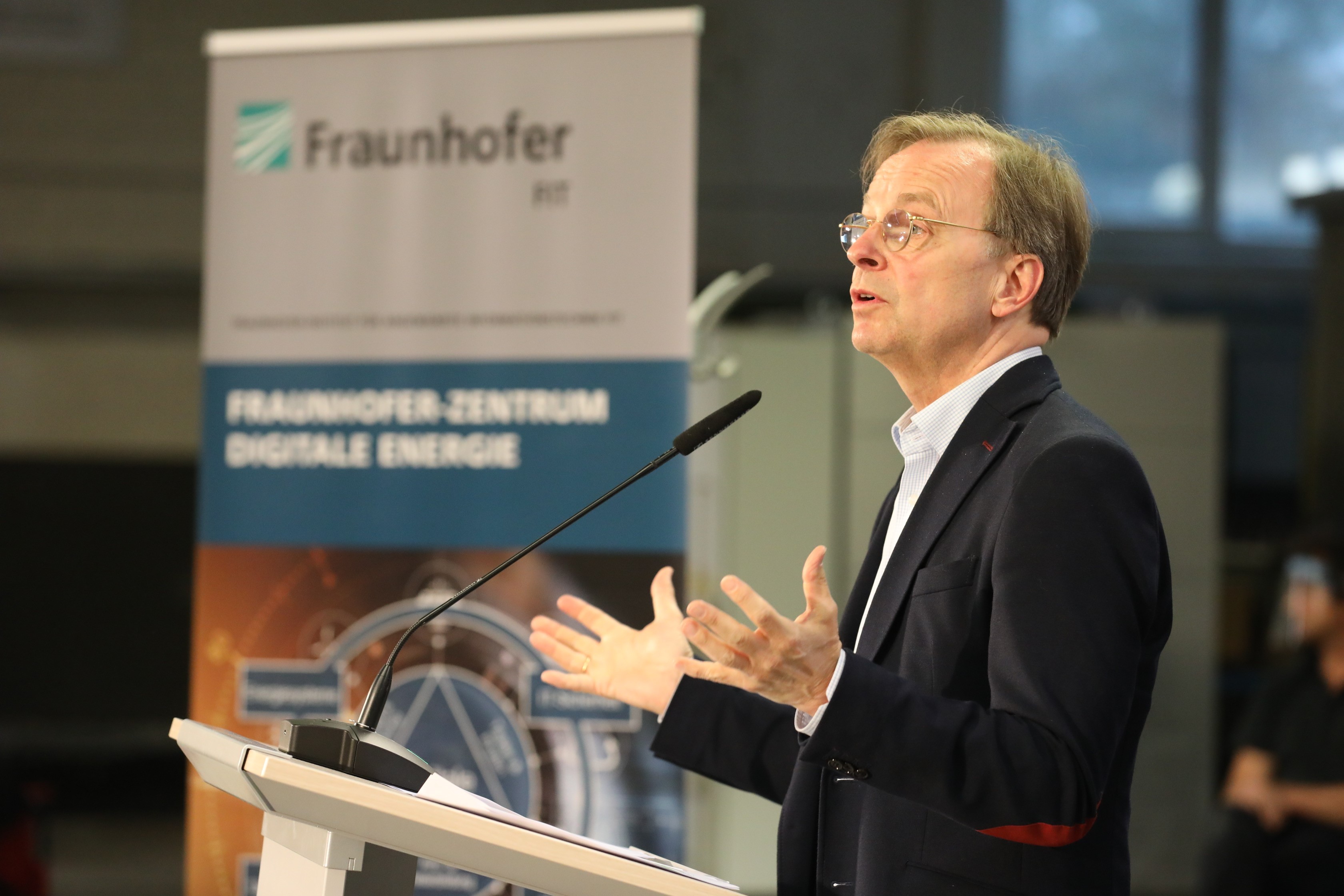
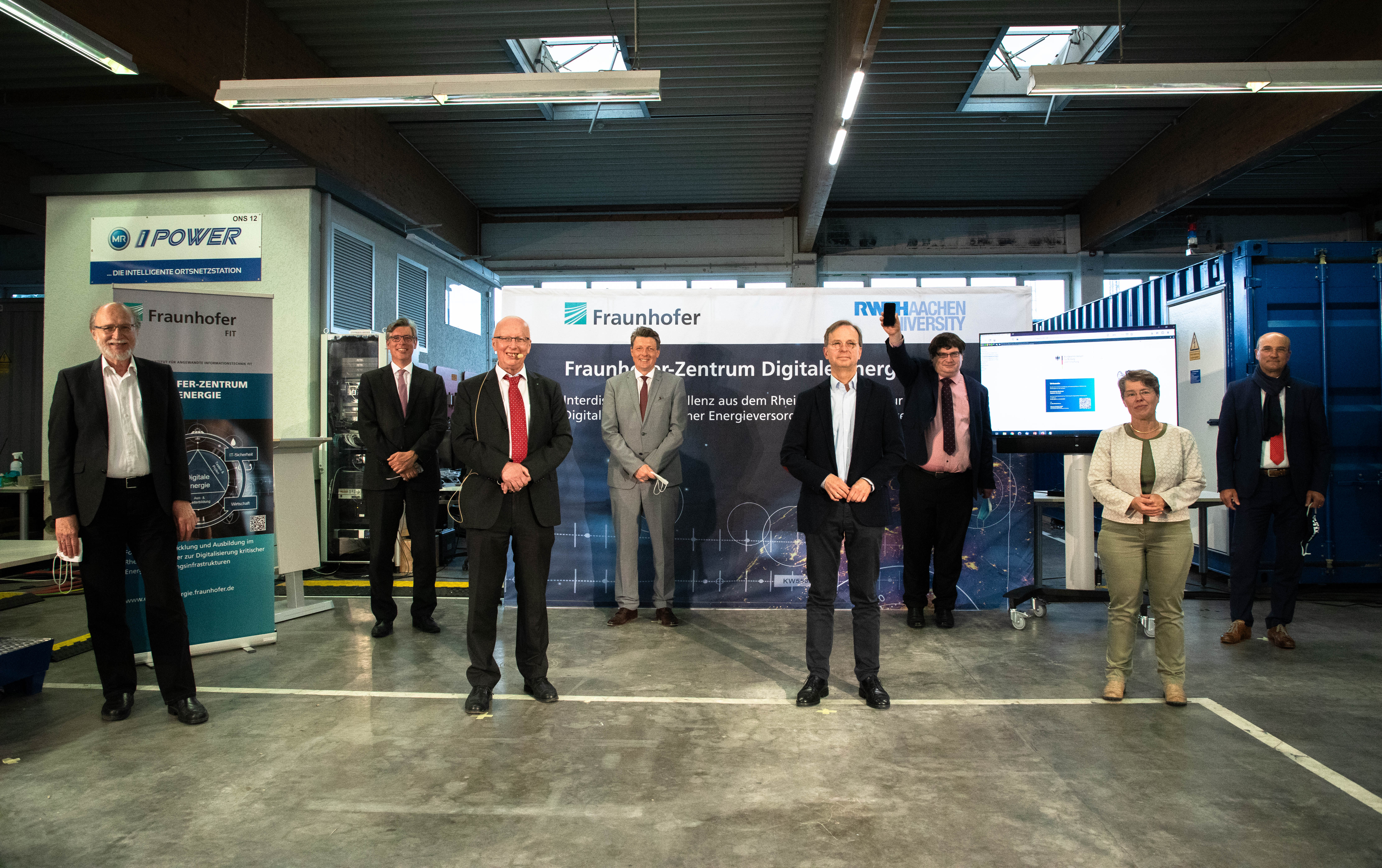
On April 28, 2020 was the official launch of the »Fraunhofer Center for Digital Energy«. It has received € 5.1 million in an initial phase of funding from the Federal Ministry of Education and Research (BMBF) and is being set up by the Fraunhofer FIT together with the Fraunhofer FKIE, the IAEW, and the E.ON ACS institutes of energy technology at RWTH Aachen University.
The center was selected as a first step towards a successful structural transformation of the Rhenish mining area. The funds serve as start-up financing for the new construction project in the form of planning and preparatory tasks, initial investments in technical equipment and the development of continuing education measures. Furthermore, the center is integrated by name as a prioritized measure of the federal government into the Structural Development Act (Strukturstärkungsgesetz). This sets the course for the subsequent financing of an infrastructure to accomodate more than 100 employees.
At the ceremonial presentation of the grant awards, Parliamentary State Secretary Thomas Rachel emphasized: »Digitization is a central enabler for a successful energy transition. With the Fraunhofer Center for Digital Energy we can help our companies to develop innovative technologies and new business models while attracting qualified personnel. By bringing together science and industry in applied fields of research, the center will have an impact that will radiate out across the entire region. This funding thus makes a key contribution to making the structural transformation in the Rhineland mining region into an energy region of the future a real success story.«
The new center combines in-depth knowledge of digitalization and its financial management (Fraunhofer FIT) and IT security (Fraunhofer FKIE) with the expertise of prestigious RWTH chairs in Energy Technology and Computer Science. In a targeted manner, it addresses three pillars: »Research & Development« of new technologies and business models, »Training & Continuing Education« to attract qualified personnel, and »Testing & Inspection« to ensure that research findings can be integrated into products and services. The integration of an independent 10,000-volt distribution network enables the development of IT security and digital technologies for future digitalized energy supply systems to be designed and tested in a controlled manner in a real system.
Project partners

| Project Coordination | Fraunhofer FIT |
|---|---|
| Project Partners | Institute for High Voltage Equipement and Grids Digitalization and Energy Economics (IAEW) at RWTH Aachen Institute of Complex Power Systems (E.On ACS) at RWTH Aachen Fraunhofer FKIE |
